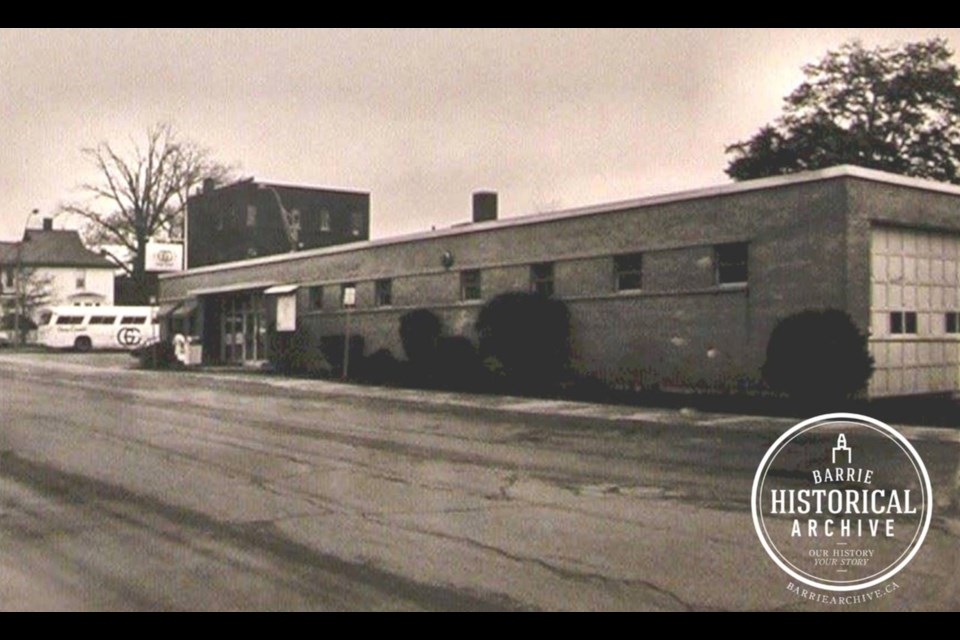Thomas Russell ‘T.R.’ Huxtable was a man of action.
If something was new and innovative, he didn’t hesitate to try it. If his assistance was needed or a project was to be undertaken, T.R. Huxtable was there. He was a man ahead of his time.
He was born in 1876 to James and Mary Jane Huxtable near Guelph, Ont. and moved with them that same year to Horning’s Mills near the town of Orangeville. His father bought the original mill on the Pine River from Lewis Horning and converted it to a flour mill.
When his father died in 1901, T.R. took over the operation of the mill and eventually adapted it to produce electric light to the surrounding area. When hydro electric came about, his power service became obsolete and he sold the mill.
His next adventure landed him in Barrie.
T.R. had an idea that the automobile was going be more than a passing fad. The car was here to stay. He saw a need for sales and service people to keep the increasingly popular horseless carriages on the road and so he opened a garage next door to the Wellington Hotel on Elizabeth Street in 1915.
T.R. Huxtable set himself up as a Ford car dealer in Barrie and partnered himself with the town’s best-known automobile mechanic, H.R. Palmer.
In time, he began to see that the automobile was an expensive luxury item that not many Barrie residents could afford yet they could certainly benefit from its speed and convenience in such a spread-out town.
In 1918, Huxtable decided to start a jitney service.
The word jitney apparently refers to an early American term for a five-cent coin. The first ride share services – long before Uber was dreamed up – offered passengers a ride for this low price and the name stuck.
Huxtable’s service was an instant hit. With service running every half hour from Barrie to Allandale and back, most days of the week from 7 a.m. until 10 p.m., it sure beat traveling on foot or by horse and buggy. Even the trains weren’t as regular as Huxtable’s jitney.
The jitney service wasn’t without its troubles. Growing pains arose when other operators opened up competing businesses which challenged the local government to come up with ways to inspect, license and regulate the jitney men.
At times, there were traffic accidents involving jitneys and it was suggested that the drivers were trying to outdo one another and driving too fast along the streets of Barrie.
A daughter of Frank Wiseman, a butcher on Elizabeth Street, was badly hurt by a jitney, and a young girl on Bradford Street was struck and killed by one.
In both cases, the jitney driver was found not to be at fault.
In 1926, T.R. Huxtable asked the town council to consider either taking over his jitney business to run as a municipal service or to grant him the franchise to run as sole jitney provider in Barrie. Neither proposal went very far.
The following year, Huxtable decided that he had contributed all that he could to the Town of Barrie. His time here had included a period as deputy reeve in the early 1920s. He and his wife sold their Louisa Street home, auctioned off most of their furnishings and moved back to Horning’s Mills where T.R. had retained some land.
His next venture was to include a golf course and a speckled trout preserve on the property, but the Depression got in the way and nothing much was done until after the economy improved.
T.R. Huxtable finally realized his ambitions of creating a new business from his land and, in the 1950s, he was running a fishing club and tourist cabins on the site.
Each week, the Barrie Historical Archive provides BarrieToday readers with a glimpse of the city’s past. This unique column features photos and stories from years gone by and is sure to appeal to the historian in each of us.



